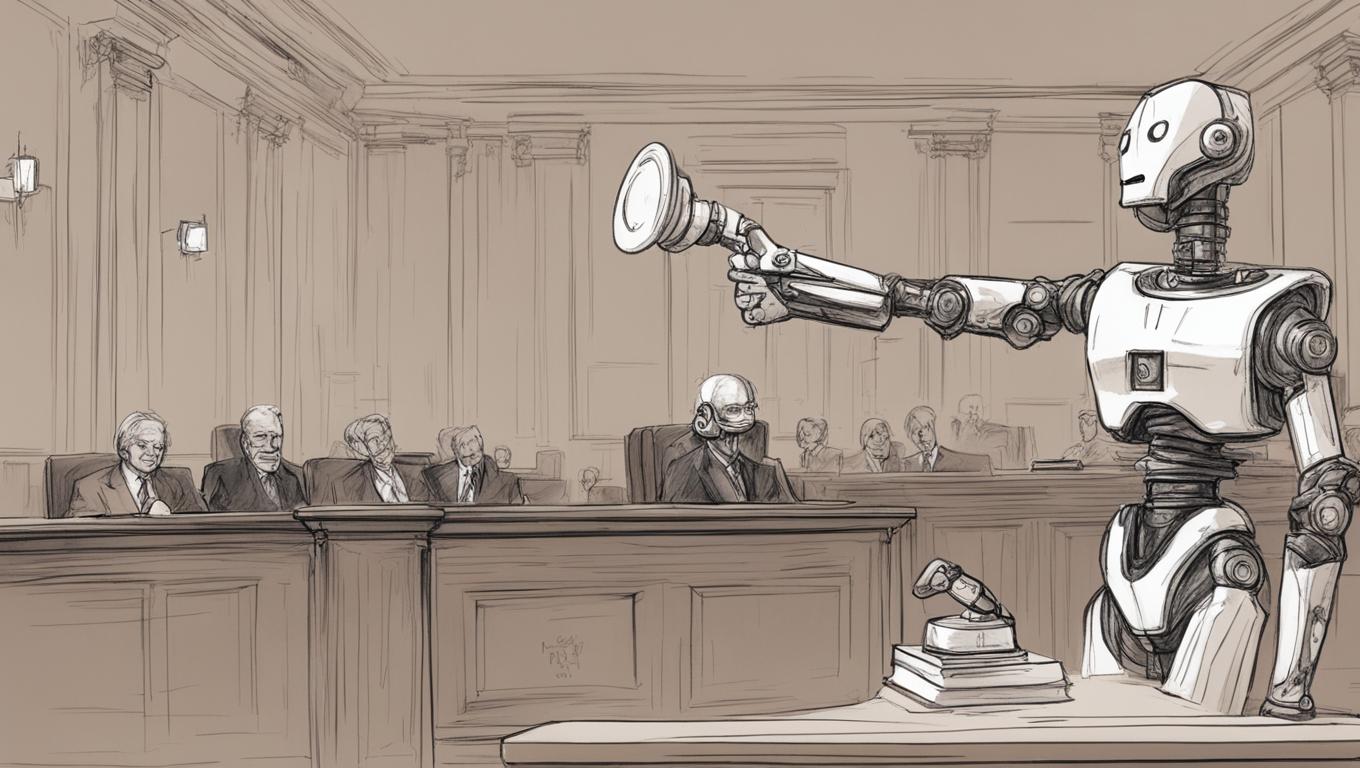The Center for Investigative Reporting (CIR) has filed a lawsuit against OpenAI and Microsoft, taking the legal battle between news organizations and artificial intelligence (AI) platforms to a new level. The nonprofit accused OpenAI of using its content without permission and compensation, violating copyrights. This lawsuit, filed in a New York federal court, specifically addresses the issue of AI-generated summaries of articles, which the CIR claims is exploitative and threatens publishers.
Monika Bauerlein, CEO of the CIR, expressed her concerns about the lawsuit. She stated, “It’s immensely dangerous. Our existence relies on users finding our work valuable and deciding to support it.” Bauerlein highlighted the potential consequences of users relying solely on AI tools to access news content, saying that it could undermine the relationship between news organizations and their audience, ultimately jeopardizing their independence.
OpenAI and Microsoft have not yet responded to requests for comment regarding the lawsuit. However, this is not the first legal battle that the companies have faced in relation to copyrights. The New York Times, other media outlets, and notable authors have already brought copyright lawsuits against both organizations.
In contrast, some news organizations have chosen collaboration over confrontation by signing deals with OpenAI to receive compensation for sharing their news content, which is then used to train the AI systems. Time recently joined this group, announcing their agreement to provide OpenAI access to its extensive archives spanning 101 years.
AI developers like OpenAI argue that their use of publicly accessible online text, images, and other media for training AI systems falls under the “fair use” doctrine of American copyright law. However, Monika Bauerlein questions the fairness of this practice, arguing that AI companies should pay for the content they ingest, just as they pay for office space, electricity, and salaries.
Several news organizations, including the Associated Press, have already made licensing deals with OpenAI over the past year. It seems that some publications are finding common ground with AI developers, recognizing the benefits of collaboration rather than engaging in legal disputes.
The lawsuit filed by the CIR against OpenAI and Microsoft sheds light on the complex relationship between AI and journalism. As these technologies continue to evolve, it is essential to strike a balance between protecting intellectual property rights and leveraging AI to enhance news consumption. The outcome of this lawsuit will likely have significant implications for the future of news organizations and their interaction with AI platforms.





Use the share button below if you liked it.